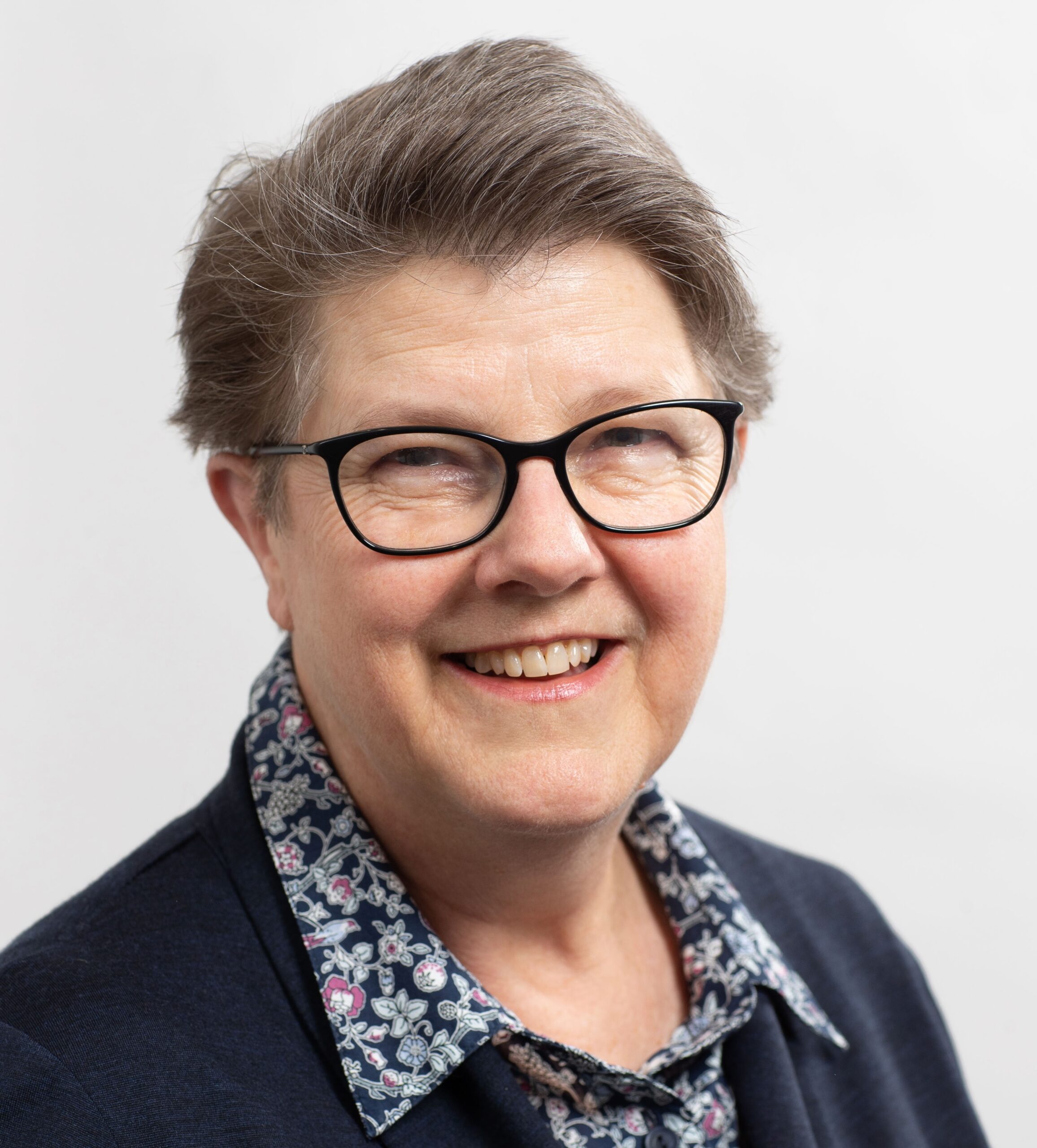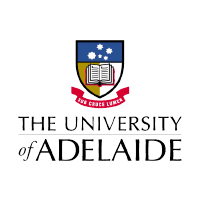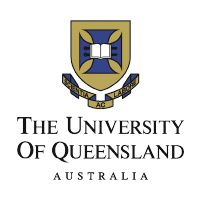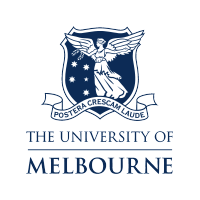Curriculum
Principles of Statistical Inference (PSI)
To develop a strong mathematical and conceptual foundation in the methods of statistical inference, which underlie many of the methods utilised in subsequent units of study, and in biostatistical practice.
COORDINATORS:


General outline
Prerequisites
Mathematical Foundations for Biostatistics
Time commitment
8-12 hours total study time per week
Semester availability
Semester 1 & 2
Assessment
Two major assignments worth 40% each and module exercises worth a total of 20%
Prescribed Texts
Marschner IC. Inference Principles for Biostatisticians. Chapman & Hall / CRC Pr, 2014
Special Computer Requirements
R or Stata statistical softwareContent
The unit provides an overview of the concepts and properties of estimators of statistical model parameters, then proceeds to a general study of the likelihood function from first principles. This will serve as the basis for likelihood-based methodology, including maximum likelihood estimation, and the likelihood ratio, Wald, and score tests. Core statistical inference concepts including estimators and their ideal properties, hypothesis testing, p-values, confidence intervals, and power under a frequentist framework will be examined with an emphasis on both their mathematical derivation, and their interpretation and communication in a health and medical research setting. Other methods for estimation and hypothesis testing, including a brief introduction to the Bayesian approach to inference, exact and non-parametric methods, and simulation-based approaches will also be explored.
Resources
Course notes, online mini-lecture videos, online tutorials, discussion board




